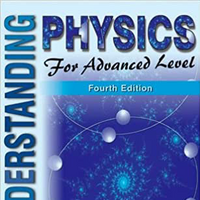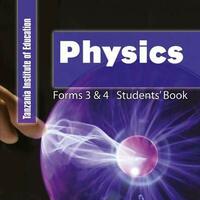Search
Books+
Searching 1,730 books
Search related to the career Physicist
1. Academic Research: Many physicists pursue careers in academia, conducting research in universities or research institutions. They can become professors, postdoctoral researchers, or research scientists.
2. Industrial Research and Development: Physicists can work in industries such as technology, aerospace, energy, and telecommunications. They contribute to research and development projects, designing new technologies, improving existing products, or solving complex problems.
3. Government and National Laboratories: Physicists can work for government agencies or national laboratories, such as NASA, the Department of Energy, or the National Institute of Standards and Technology. They conduct research, develop policies, and contribute to national scientific initiatives.
4. Medical Physics: Physicists can specialize in medical physics, working in hospitals or healthcare settings. They apply their knowledge to areas like radiation therapy, medical imaging, and nuclear medicine, ensuring the safe and effective use of technology in healthcare.
5. Data Science and Analytics: With their strong analytical and problem-solving skills, physicists can pursue careers in data science and analytics. They work with large datasets, develop algorithms, and extract meaningful insights in various industries, including finance, technology, and healthcare.
6. Engineering and Technology: Physicists can work as engineers, applying their knowledge to design and develop new technologies. They contribute to areas such as electronics, materials science, optics, and renewable energy.
7. Science Communication and Journalism: Some physicists choose to communicate scientific concepts to the public through writing, journalism, or broadcasting. They can work as science writers, journalists, or science communicators, making complex ideas accessible to a wider audience.
8. Entrepreneurship and Startups: Physicists with an entrepreneurial mindset can start their own companies or join startups. They can develop innovative technologies, create new products, or provide specialized consulting services.
9. Finance and Quantitative Analysis: Physicists possess strong mathematical and analytical skills, making them well-suited for careers in finance and quantitative analysis. They can work in areas such as algorithmic trading, risk assessment, or financial modeling.
10. Policy and Consulting: Physicists can contribute to policy-making and consulting roles, providing scientific expertise to government agencies, think tanks, or consulting firms. They help shape policies, evaluate scientific projects, or provide technical advice on various issues.
These are just a few examples of the diverse career paths available to physicists. The skills acquired during physics education, such as problem-solving, critical thinking, and data analysis, are highly transferable and can open doors to various industries and professions.
Source: Various AI tools
Computer science
Science
Professors
Vocational skills
Searched in English.























